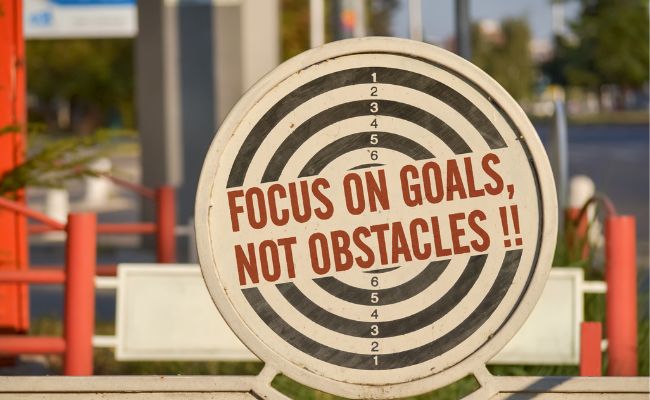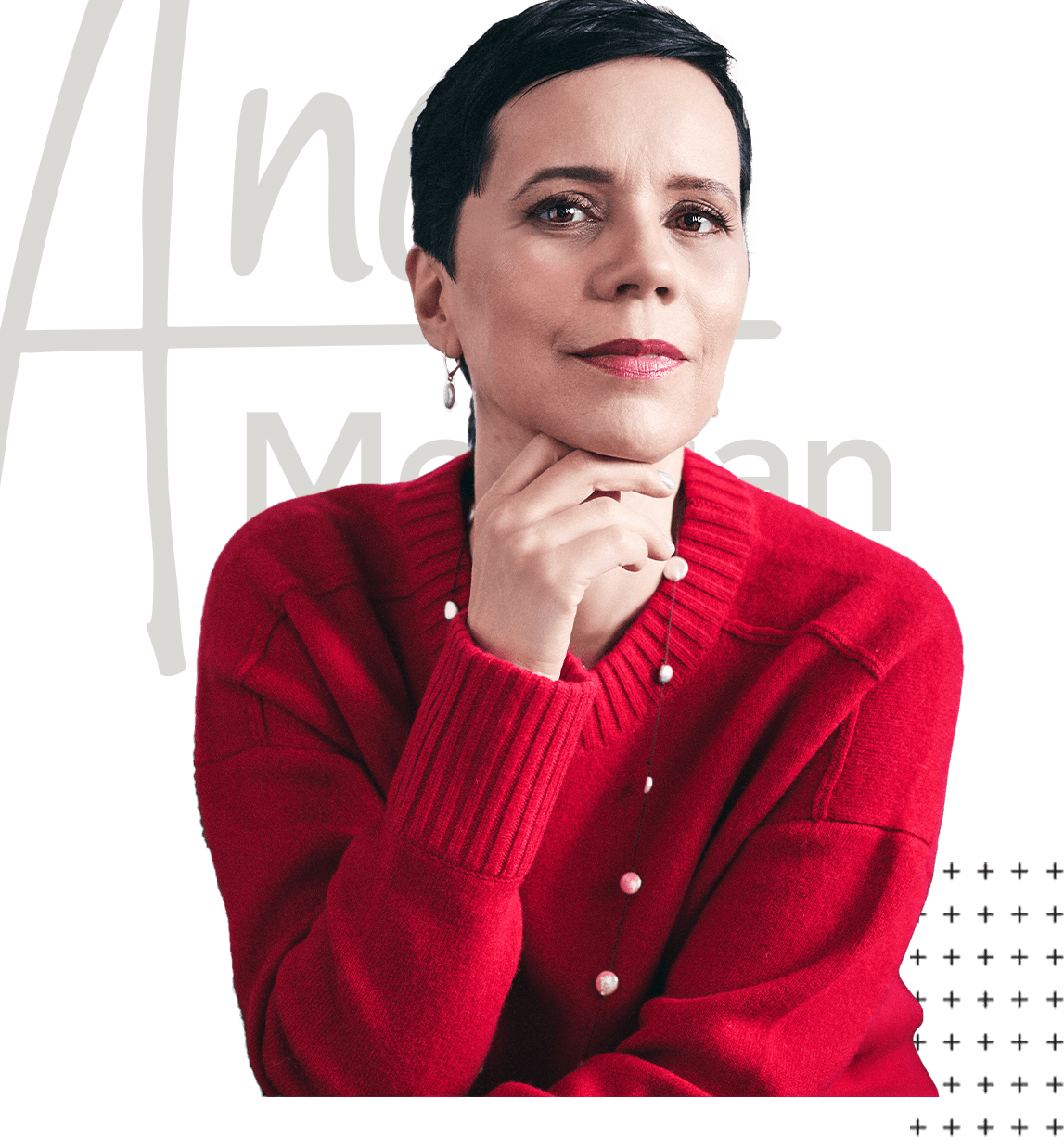The Power of Thinking BIG with Michael Port
“Big thoughts will give you that little push, they won’t tell you it's okay to not pursue your dreams. Those are the ones that you want to listen to.” — Michael Port
I had the opportunity to sit down with Michael Port, my mentor and the author of several bestselling books, including Book Yourself Solid, Beyond Booked Solid, The Contrarian Effect, The Think Big Manifesto, Steal The Show, and The Referable Speaker: Your Guide to Building a Sustainable Speaking Career.
Michael is known as “the guy you call when you’re tired of thinking small.”
We discuss:
- The power of thinking big
- Recognizing small thoughts and big thoughts
- Determining self-motivation
The power of thinking big

Thinking big is the core of almost all progress in life. Every invention, from telephones to airplanes, was the result of big thinking and a rejection of the status quo—the practice of looking at the present and seeing how things could be, not only how they were—living in the breadth of possibility.
“I don't like doing things small, maybe it's pathological. Little things in life, like going to the post office, I find boring.” Michael explains, “If there's some kind of big event where I need to rise to the occasion, that's where I want to be. I want to be challenged, I'm gonna be in situations and environments where I have got to solve problems bigger than the problems I've solved before.”
When we take action in the direction of what scares us more than what we’ve done in the past, we push against fear and unlock new potential. Not to say all fears are equal—the fear that stops us from reaching a goal or building the life we want is the kind we want to push against. Not an adrenaline high, but a conscious step towards our ambitions.
“It's all a mindset; everything is a mindset. So many of the things that we need to do to achieve our various dreams are not complicated.” Michael points out, “Often, the things that are challenging are not intellectually difficult. They are running up against our fear.”
Small thoughts and big thoughts

To reach the power of thinking big we must first recognize the difference between small thinking and big thinking.
“Small thoughts will give you external reasons why you are not doing the thing you want to do,” Michael explains.
For example:
- “I can’t do X because of where I live.”
- “X is not possible because of my spouse.”
- “X must wait because I don’t have the resources.”
These external blockers can feel insurmountable and are easy ways to let ourselves off the hook of doing what we know we want to do, need to do and should do.
“The big thoughts will tell you the truth,” Michael continues, “the big thoughts will give you that little push, they will not tell you it's okay not to pursue your dreams, they won't tell you that. Those are the ones that you want to listen to.”
Recognizing when we’re thinking big or small is the first step in the process. Asking ourselves point-bank: Am I thinking big or small right now? “If we use that as our initial entry into our problem solving, we solve more problems, and we solve them faster. And the solutions we come up with are often bigger than they would be otherwise.” Michael continues.
Determining self-motivations

Another step along the path of big thinking is determining if we’re driven by approval or results. This practice can unearth some uncomfortable admissions.
“If you're a service professional, you are very empathetic, care deeply about the people you work with, and want to do everything in your power to make them happy and fulfilled.” Michael explains, “And you're always thinking about their results. Well, if you are so focused on getting the approval of clients that you don't focus on your own financial goal, you are jeopardizing your entire future.”
Of course, looking for approval is not always negative. If we’re balancing the results we want with a healthy respect for others and their needs, we can succeed. Measuring our actions against what our goals and desired results are, rather than what the goals of others are, supports that balance.
Thinking big takes a willingness to expand our perspective to those around us who may not share our views, examine an idea potentially in opposition to our ideals, and set it back down without incurring incense or inner turmoil.
“A great leader can hold two different opposing thoughts or competing thoughts, or contradictory ideas in their head at the same time, and they're still able to function.” Michael shares, “I'm very comfortable with that gray zone. That helps me think big because I see lots of opportunities, lots of openings.”
We have more power than we believe. We decide how we want to be known in the world, who we have relationships with, how we want to be treated, etc. We need to stop giving up our power and start saying no to options and offers that aren’t right for us.
“Get comfortable with the no. Even though it may be hard to say the first time, or the second or the third, eventually, get comfortable with it. And say yes to things that you may not have before.” Michael continues.
Big thinking leads to new opportunities and the reignition of dreams. We are the leads in our life—we’re the writer, the producer, the director, and the star.
What story do you want to tell, and how do you want to show up in the world?
Check out Michael’s full episode for further insights on big thinking, and learn more at MichaelPort.com!








